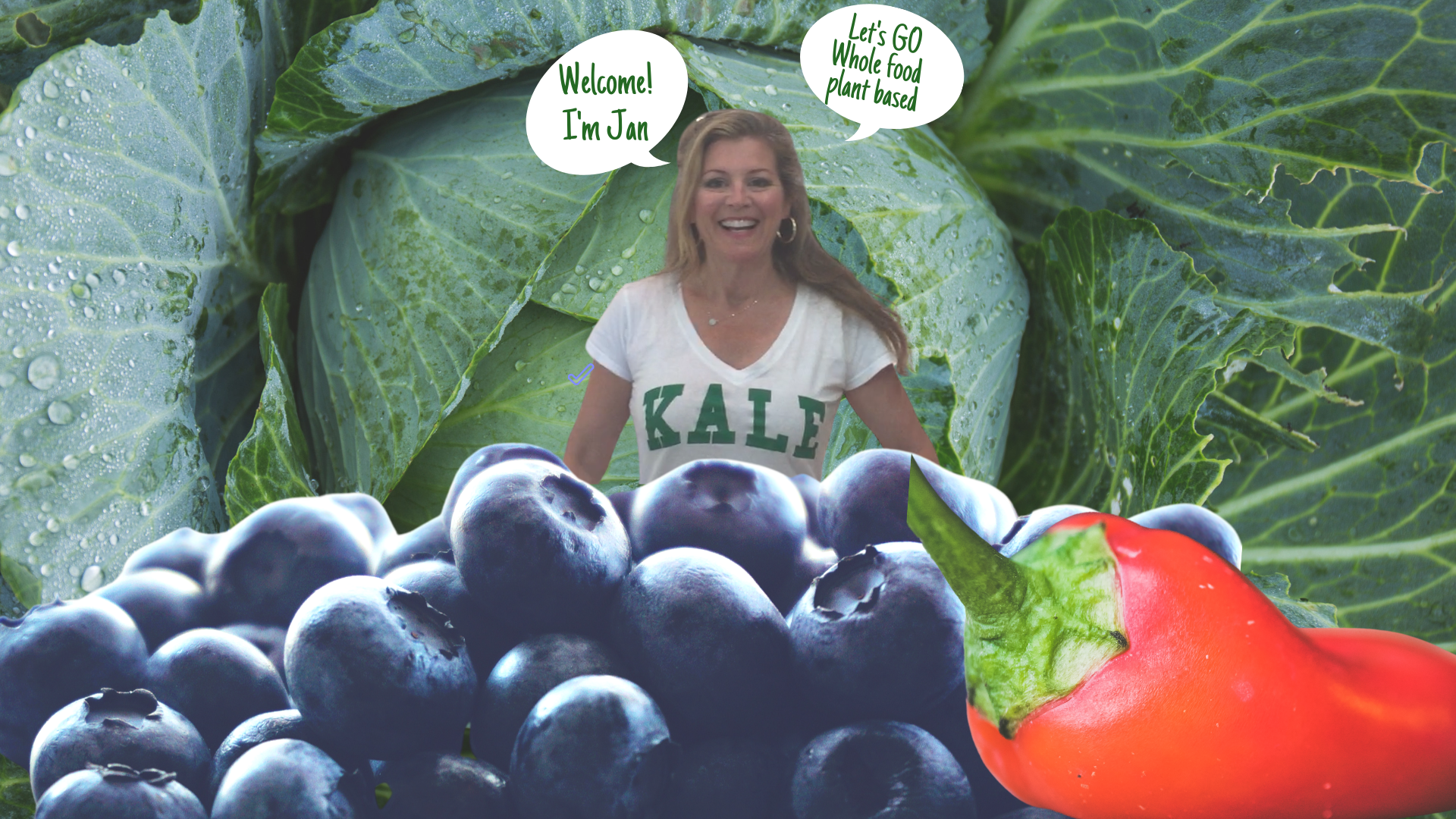Many of us are seeking a time out from a processed and complicated world. What if we simply start with the food we eat? In a world often dominated by complex culinary trends and elaborate recipes, there is a refreshing joy in embracing the simplicity of whole food plant-based cooking. This approach to nourishment not only promotes health but also celebrates natural ingredients.
Vibrant Nutrient-Rich Ingredients
Whole food plant-based cooking revolves around fresh, colorful ingredients in their unprocessed form. Sweet and sour fruits, crunchy vegetables, satiating legumes, grains, nuts and seeds take center stage, provide a wealth of essential nutrients, vitamins, and minerals that promote overall well-being. Some of those essential nutrients, like fiber, are missing from a standard, processed diet. 1
Expanding Creativity
Some people who have lived on an omnivorous diet wonder what the heck they’ll eat if the meat, dairy and animal by products are eliminated. The discovery is part of the fun. Millions of recipes that show easy swaps and ideas are online for free. A little extra prep turns grains and spices and nuts into healthier substitutes for animal meat. Herbs and spices turn all kinds of plants into familiar entrees – from chorizo sausage to Thai noodles to hearty snacks. In fact, there are hundreds of thousands of edible plants on earth. Not to overwhelm one, but to point out that we can expand our dietary repertoire in nearly limitless ways.2
Flavorful Simplicity
The beauty of whole food plant-based cooking lies in allowing the true flavors of ingredients to shine. By minimizing the use of processed foods, this approach emphasizes the natural tastes and textures of plant-based elements, creating a symphony of delicious simplicity.
Health Benefits
A diet centered around whole plant foods has been linked to numerous health benefits, including lower risks of heart disease, diabetes, and certain cancers. The abundance of fiber, antioxidants, and phytonutrients supports digestion, boosts the immune system, and contributes to sustained energy levels.
Environmental Consciousness
Choosing a whole food plant-based approach aligns with environmentally sustainable practices. Plant-based diets generally have a lower carbon footprint, reducing the environmental impact associated with animal agriculture. Embracing this style of cooking becomes a small but meaningful step toward a more eco-friendly lifestyle.
Accessible and Affordable
One of the joys of whole food plant-based cooking is its accessibility. Fresh produce and plant-based staples are often more affordable than their animal-based counterparts. This makes adopting a plant-based lifestyle not only beneficial for health but also practical for a wide range of individuals.
Connection to Nature
Making a diet shift requires more thought. More thought naturally goes into where does my food come from? The answer to this question encompasses meat and dairy. High intensive factory farms are where the majority of meat, dairy and eggs come from. This knowledge creates more awareness and empathy for animals raised for food. Creating a lifestyle that seeks seasonal, locally sourced produce encourages an appreciation for the changing flavors that nature provides. This connection can extend beyond the kitchen, promoting an overall holistic lifestyle.
In a world that often glorifies culinary complexity, the joys of simple whole food plant-based cooking shine as a beacon of health, flavor, and sustainability. Embracing this approach not only nourishes the body but also nurtures a sense of connection with nature and a more conscious way of living. As we rediscover the pleasures of whole plant foods, we embark on a journey that celebrates the beauty of simplicity in the kitchen and beyond.
- https://www.ncbi.nlm.nih.gov/pmc/articles/PMC6124841/ ↩︎
- https://www.weforum.org/agenda/2016/01/why-do-we-consume-only-a-tiny-fraction-of-the-world-s-edible-plants/ ↩︎

Plant swaps can be substituted for nearly any ingredient in any recipe.


